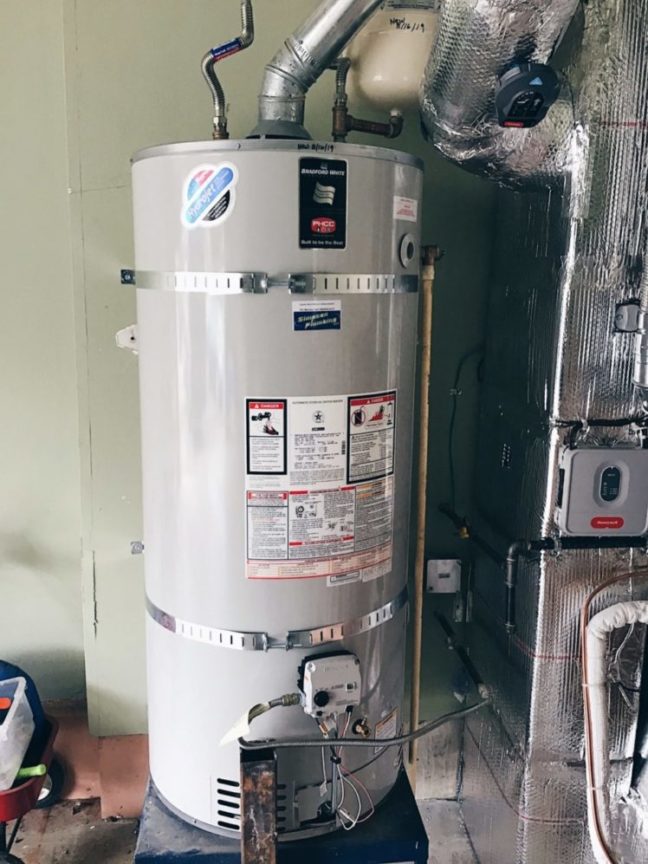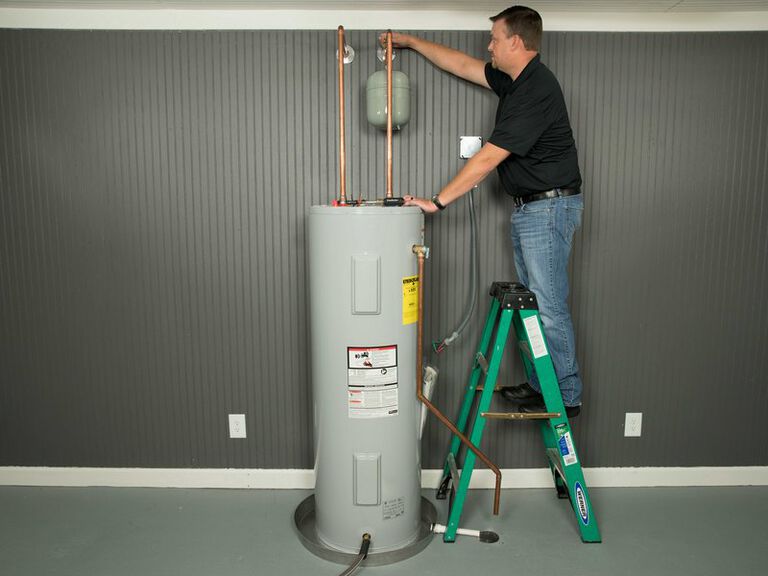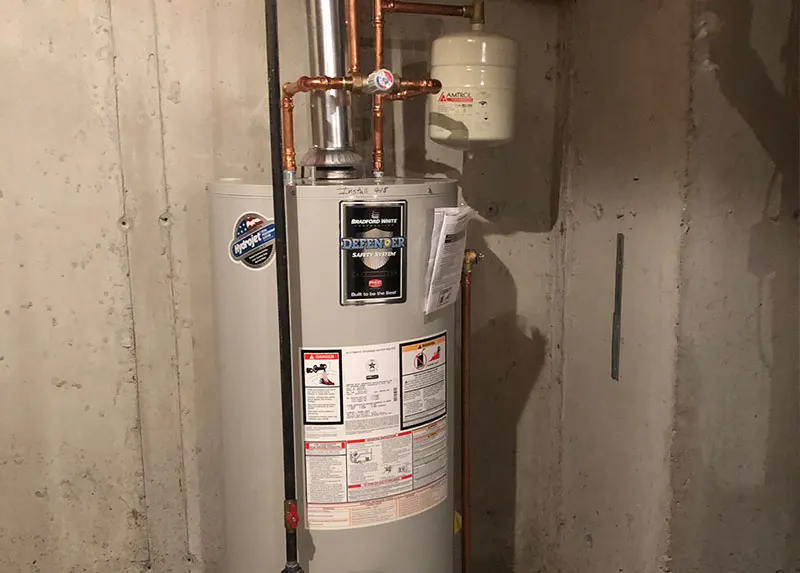Fast and Reliable Pipe Repair to Fix Leaks and Restore Functionality
Full Overview to Water Heating UnitSetup and Replacement
Understanding the intricacies of water heating unit installment and replacement is essential for house owners seeking to guarantee effectiveness and reliability in their hot water supply. From picking the ideal kind and dimension to performing a seamless installation procedure, a number of elements must be considered to prevent common pitfalls.
Kinds Of Hot Water Heater
When considering water heating unit setup and replacement, it is necessary to understand the various sorts of water heating systems offered in the market. The most common kinds include storage tank hot water heater, tankless hot water heater, heatpump water heating units, and solar water heating systems.
Container hot water heater are typical systems that store a certain quantity of warm water, making them conveniently offered when required. They are generally cheaper in advance yet might incur higher power expenses over time due to warmth loss. In comparison, tankless hot water heater give warm water on need, removing the requirement for storage space. They are power efficient and can conserve space, yet their initial prices are generally greater.
Heat pump hot water heater use electrical energy to move warmth from the air or ground to warmth water, offering significant energy financial savings however requiring more space and certain setup conditions. Solar water heaters harness solar power to heat water, providing an environment-friendly option with prospective long-term cost savings, although they typically need a back-up system for cloudy days.
Comprehending these options makes sure educated decisions pertaining to installation and substitute, satisfying certain requirements and preferences.
Selecting the Right Size
Picking the suitable size for a water heating unit is critical to guarantee optimum performance and effectiveness. A system that is also tiny will certainly battle to meet home needs, resulting in inconsistent warm water accessibility and enhanced power consumption. On the other hand, an oversized water heater can result in unneeded energy waste and higher utility costs.
To figure out the ideal size, think about the home's height warm water usage. This can be calculated based on the variety of passengers and their typical warm water requirements. For instance, a household of four may require a hot water heater with an ability of 50 to 80 gallons, relying on the use patterns, such as synchronised showers and washing.
In addition, assess the healing rate, which determines how rapidly a heater can restore warm water after it has actually been made use of. For tankless designs, focus on the circulation price, gauged in gallons per min (GPM), to guarantee it meets the house's simultaneous demand.

Installation Process Overview

Next, the old device needs to be disconnected and removed, taking care to adhere to neighborhood codes and policies relating to disposal. As soon as the old device is out, the new hot water heater can be placed in place. This action entails connecting the water lines, making certain that all installations are protected and leak-free.
After establishing water connections, it's necessary to link the power supply, whether electric or gas, adhering to the producer's instructions meticulously. Once all connections are made, the system should be full of water, and the power can be turned back on. Ultimately, it's essential to look for leakages and make sure the hot water heater is operating appropriately prior to completing the installment process.
Usual Installment Errors

An additional frequent mistake is overlooking to comply with local codes and regulations. Falling short to follow these criteria can not only bring about safety and security hazards yet might additionally lead to costly fines or the demand for pricey reinstallation. In addition, inappropriate venting is a crucial issue. Inadequate ventilation can create unsafe gas buildup, posing serious wellness threats.
Wrong plumbing connections are additionally a widespread blunder. Falling short to secure connections or using the incorrect kind of installations can cause leakages and look at here now water damage. In addition, overlooking the relevance of a correct drainpipe frying pan can lead to substantial water damage if leakages do occur. Last but not least, poor insulation of pipes can cause heat loss, lowering efficiency. By avoiding these typical setup mistakes, homeowners can guarantee their hot water heater operates safely and effectively, making best use of performance and longevity.
Maintenance Tips for Long Life
Appropriate upkeep of a water heating unit is necessary for its durability and ideal efficiency. Normal evaluations and maintenance can prevent expensive repairs and expand the device's life-span. Begin by checking the temperature level setting; it must usually be established between 120 ° F and 140 ° F for optimum energy effectiveness and safety.
Every six months, purge the tank to remove sediment buildup, which can harm home heating efficiency and create corrosion. To do this, turn off the great site heater, attach a pipe to the drain valve, and allow the water run until it is clear.
Anode poles should be evaluated each year and replaced when they are corroded. These poles help prevent tank rust by attracting corrosive components in the water.
Additionally, inspect the pressure safety valve frequently to ensure it is working correctly. This valve is important for protecting against too much pressure build-up within the container.
Finally, think about arranging an expert maintenance check every few years for detailed assessments and maintenance. By adhering to these maintenance tips, house owners can considerably improve the performance, safety and security, and life expectancy of their hot water heater, guaranteeing reliable warm water for years ahead.
Conclusion
In final thought, proper installment and maintenance of water heating systems are important for making certain efficiency and durability. By recognizing these important aspects, house owners can achieve a trusted warm water supply while decreasing potential concerns associated to water heating system procedure.
Recognizing the intricacies of water heater installment and substitute is important for house owners looking for to make sure effectiveness and integrity in their hot water supply.Tank water heating systems are standard systems that store a certain volume of warm water, making them conveniently available when needed. In comparison, tankless water heating units give hot water on need, eliminating the need for storage space. Selecting a water heating system that is either too little or too huge can lead to ineffectiveness, resulting in insufficient warm water supply or excessive power usage.
By comprehending these vital facets, property owners can achieve a dependable warm water supply while lessening prospective concerns associated to water heating unit Get the facts operation. plumber Denton.